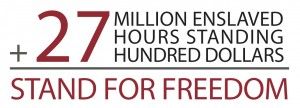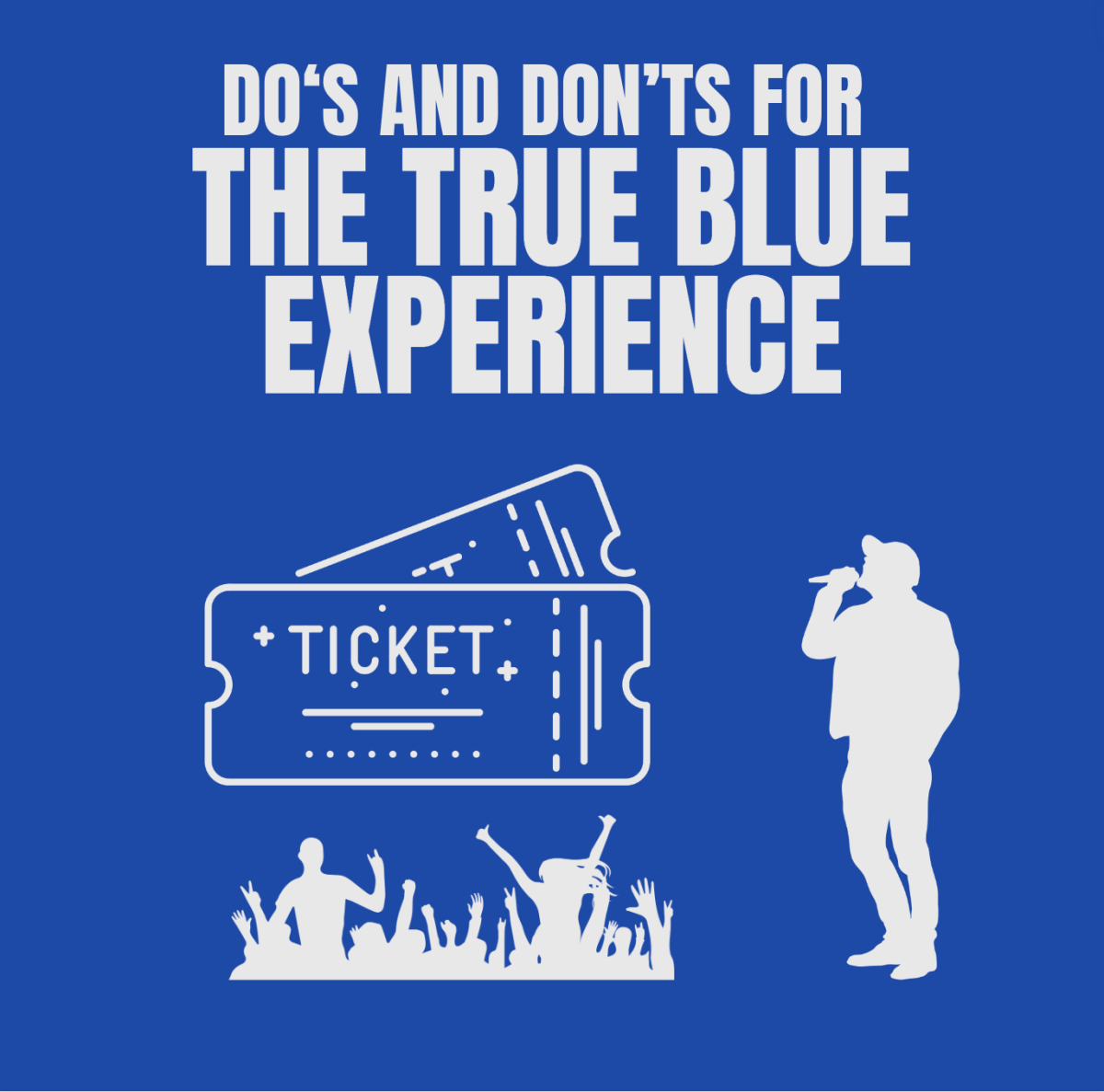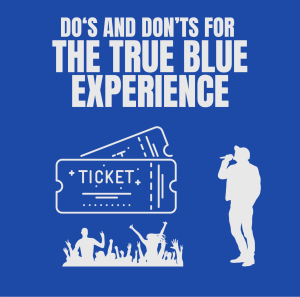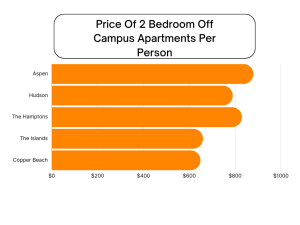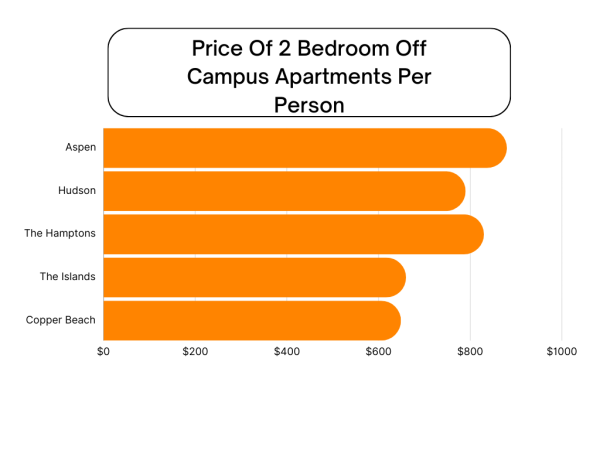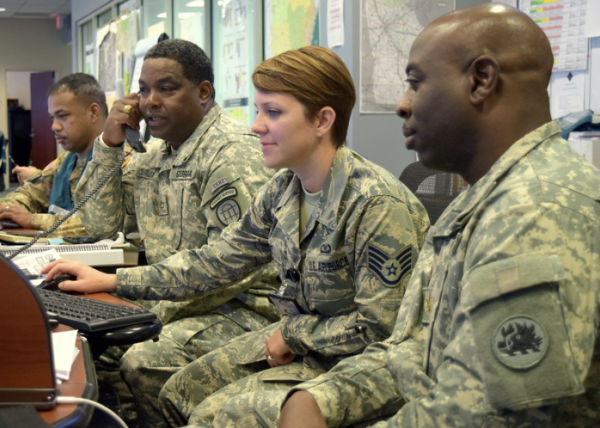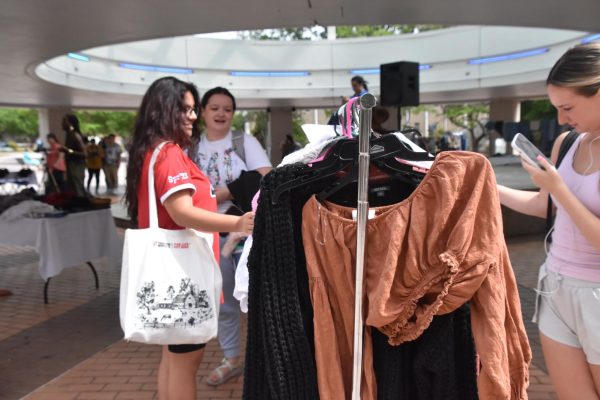Students stand against human trafficking
February 19, 2013
Georgia Southern University students will take a stand against human trafficking on March 6 by standing for 27 hours straight at the Rotunda for “Stand for Freedom.
There are 27 million people enslaved around the world today, according to Kevin Bale’s book “Disposable People: New Slavery in the Global Economy.” The amount of people enslaved is what sparked the idea for the event.
“Twenty-seven million people just like us are enslaved right now. They can’t get out. They can’t do anything. They can’t even stand up for themselves,” Gerrod Bell, senior ?nance and Spanish double-major, said. “We are standing for the people who can’t stand for themselves.”
The idea is to stand for 27 hours to represent the 27 million enslaved people, and another goal is to raise at least $2,700, Zach McGalliard, master’s of public health student and president of the Student Abolitionist Movement campus chapter, said.
The Student Abolitionist Movement hopes to raise more than $2,700 and to get at least 270 people to participate throughout the 27 hours, McGalliard, said.
International Justice Mission has a page online titled “IJM FreedomMaker,” where supporters can donate online, but students may also give cash donations, Bell said.
Slavery is larger today than it has ever been in the past, Josh Rogers, junior international studies and French double-major, said.
Twenty-seven million people are enough to fill the Super Dome in New Orleans 100 times, Rogers said.
Student chapters of IJM from around the country did this event last year, and now it has been formalized into a big process from IJM, which gives the reins to student chapters to plan more events, Bell said.
GSU currently has the fourth-largest event in the nation. Georgia College and State University is ranked first, with Georgia Tech and Kennesaw State also in the top ten, Rogers said.
President Obama made an executive order that states America can only trade directly for products that are not slave-trade products to help end slavery, McGalliard said.
Fair-trade goods are those that have been made without the use of slave labor, McGalliard said.
“A lot of these companies, the huge companies, if we can tell them that we don’t want to buy their products if they’re going to be endorsing slavery, then eventually they’ll listen,” Bell said.
Starbucks does have one coffee that is fair-trade, however all of its products are ethically sound. Starbucks is trying to get all of its coffees fair-trade certi?ed by 2020, McGalliard said. Zach’s Brews in Henderson Library also has fair-trade certified coffee.
“Learning that Atlanta is the number one city in the U.S. for sex trafficking, and one of the highest in the world. It’s in our backyard; it’s not something that’s happening in East Asia,” Rogers said.
Many organizations are marketing toward college students and younger generations, so if those groups made its voices heard, change will happen, Bell said.
Bell said, “If we could have everybody there, we would absolutely be ok with that. We would love to have everybody on campus do something to stand for freedom.”

